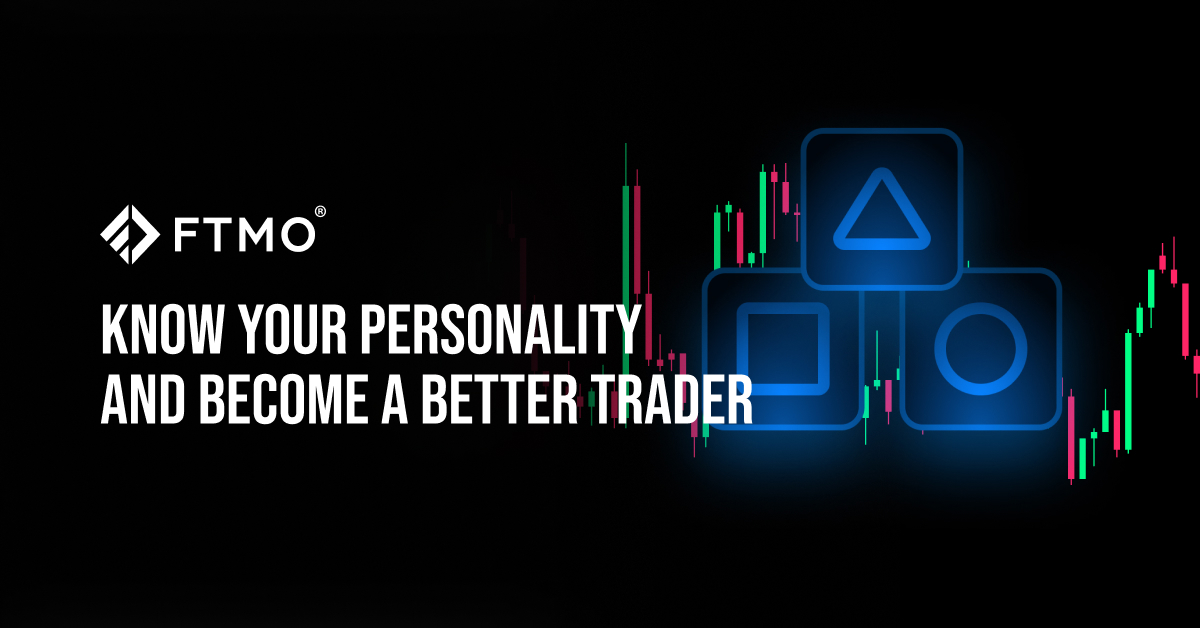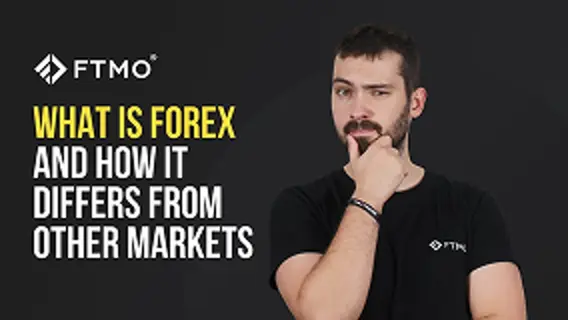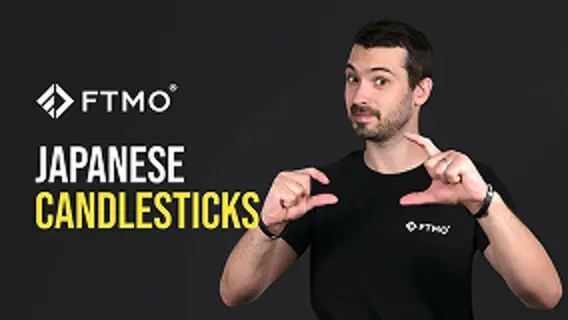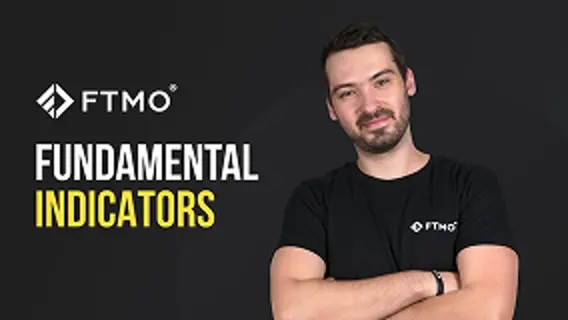
Know your personality and become a better trader
Do you act like an adult, parent or child when trading? How can knowing the different states of our ego help us achieve better results when trading? Know yourself and become a better trader.
In the second part of our series discussing the psychology of trading from our Trading Psychology course, we'll look at personality theory as defined by Transactional Analysis. The main goal of today's part is to see how, through knowledge and understanding of our different states of mind, we can come to a more effective and balanced approach to trading.
Know yourself
After discussing awareness and its importance for success in trading in the last section, we will now look at how knowing our own personality can help us in improving our skills. Because as performance coach Michal himself says at the beginning of this lesson, if we want to work on something, we need to know something about it first.
So when we want to know our own personality, we need to be clear about how to actually characterize our personality. And since each of us is our own psychologist and there are really many theories about psychology, we will choose one that can be easily understood by all. It is a system created by Eric Berne, which he calls Transactional Analysis. It is a relatively simple approach with clearly defined terminology that bases its assessment of personality on three distinct personality components (ego states) which are Parent, Adult and Child.
Parent, Adult and Child
In our lives, we are constantly "switching" between these three states of our ego. When we are in the parental state, we think and behave as our parents, grandparents, uncles, or also as our teachers, for example. Quite unconsciously, we are thus copying the behaviour of people who have had some influence on us in the past.
When we are in the state of a child, we behave and think as we did in childhood, and we also get into this state quite unconsciously. Then, when we behave, think and feel in the context of the present, and do so consciously, we are in the adult state.
A good example is driving a car. We are watching the road, checking our speed and looking around as we approach an intersection with a traffic light. We are fully concentrating here because we are in the adult state. We go through the intersection and one car fails to stop at a red light and almost hits us. Automatically, unconsciously, we switch into parent mode and start yelling and making gestures at the driver. Then a few minutes later we remember the task at work we forgot and start panicking and making the best possible excuse that the boss will believe. We've unwittingly switched into the state of a child.
As you can see, we switch between the different ego states quite automatically, which is completely normal, as well as the fact that all these states should be in balance and a certain level of psychological flexibility is needed to do so. At the same time, we can become aware of which ego state we are in because of the way we behave, think and feel.
How our ego reacts to charts
Similar to driving a car, in trading, our states change rapidly. When we open the platform, we look at the chart, expect the price to get to the predetermined entry price and we are fine. That's the adult ego state.
When prices get close to the set price, but just before reaching it, it reverses and heads in the desired direction without us having time to execute the trade, we start doubting our entry, thinking about the possible profits we won't make, and end up opening the position at a much worse level than we originally planned. We are in a child ego state.
Since we opened at a worse price, the Stop Loss will be different than originally. The price then reverses again, hits our Stop Loss and also the price at which we intended to open the original position, and reverses again and gets up to the level where the original Take Profit would have been, only we are already long out with a loss. We start to beat ourselves up, remember all the similar trades from the past and regret the next mistake. We are in a parent ego state.
Let's be adults
So the adult ego state is obviously the best state, because in this state we focus on what is happening. We trade what we see, not what we want to see, we are able to objectively assess what is happening in the markets and we take responsibility for our actions. In this state, we are able to learn from mistakes because we are aware of them, take them as important information and try to eliminate them in the future.
In the child ego state we are more creative, we try new ideas, but at the same time we do not want to miss opportunities, we are willing to take more risks and we do not want to submit to rules. In this state, we let our emotions take over, which clearly shows that it is not good for business because we do not behave like professionals.
In the same way, we can apply the parent ego state to ourselves. Most of the time, this is done after performing certain actions in the child ego state, for which we then criticize ourselves. However, this is not a constructive approach; on the contrary, it leads to unnecessary emotional strain, because the realised loss cannot be recovered.
Asking the right questions
We can use the awareness that we wrote about last time to know what state we are in. Because if we ask ourselves how we are feeling, what we are thinking and what we are doing, we are getting into an adult ego state, which is where awareness is. So every time we get into that state, we can choose to go back to being a child or a parent. It's about asking the right questions, which may be different for everyone. For starters, it's good to ask the basics, such as what we're thinking right now, and the answer can give us a lot of information about the state of our ego.
When we think about possible future profit, we are probably in the child ego state. When we think of a stupid mistake that ended a potentially profitable trade in a loss, we are in the parent ego state. And every time we discover we weren't in an adult ego state, it's an opportunity to break the pattern. Since with each question we are questioning some part of our awareness, i.e., thinking, feeling, and behaving, the range of questions can be quite broad:
- How am I feeling right now?
- If this trade is a loss, how will I react to it?
- What will I do then?
- What are the reasons for making this trade?
- How will my body react?
- What was my last trade?
- How might this affect my current mental state?
It is entirely up to us what we ask ourselves, because there is no limit to the imagination and for everyone something different works. Fingers crossed, trade safely.
This article is for informational purposes only, and some information may not reflect the current service offering or product features. Please always verify the latest terms on the official product pages.
About FTMO
FTMO has developed a two-step evaluation process to find trading talents. Upon successful completion, you may be eligible for an FTMO Rewards Account with a balance of up to $200,000 in simulated funds. How does it work?














